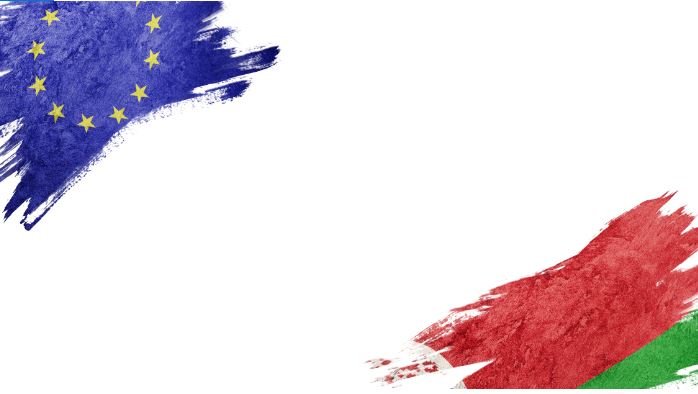
19-10-2022
After years of negotiations, representatives from the Republic of Belarus and the European Union struck an agreement to simplify Schengen visa procedures and readmit those who were illegally present on either side.
The documents were signed in a ceremony in Brussels, Belgium, by the following Belarus and European Union delegates:
- Vladimir Makei, Belarusian Minister of Foreign Affairs
- Davor Bozinovic, Croatian Internal Affairs Minister and Deputy Prime Minister
- Ylva Johansson, European Commissioner for Home Affairs
Visa statistics show strong relations between Belarus and the EU, according to Bozinovic’s remarks during the ceremony. According to Bozinovic’s statement, about 700,000 Belarusians sought for Schengen visas in 2018, the vast majority of which were multiple-entry permits.
“Belarus is a country with a high number of Schengen visas issued and a low percentage of denials,” stated Bozinovic.
Following the signing of the agreements, Belarusian Foreign Minister Vladimir Makei met with Helga Schmid, Secretary-General of the European External Action Service, and Johannes Hahn, European Commissioner for Budget and Administration, to discuss aspects of bilateral cooperation under the Eastern Partnership Initiative.
BELARUS-EU VISA FACILITATION AND READMISSION KEY ASPECTS
The agreement agreed by the EU and Belarus in January 2020 intends to mutually simplify visa procedures and reduce visa fees for Belarusians.
According to the inked agreement, Belarusian passport holders will be able to apply for visas at European Union embassies and visa centres.
Following the implementation of the readmission agreement, Belarus and the European Union will be required to readmit the following individuals who do not meet the requirements to legally remain on the other’s territory:
- Their own citizens
- Third-country citizens
- Stateless persons
The Republic of Belarus will be given a two-year transition time for the readmission of third-country citizens. The common statement linked to the readmission agreement compels the European Union to provide Belarus with both technical and financial assistance in this area.
According to disclosures made by Belarusian government spokespeople, the agreement should not pose considerable migration threats to the Eastern European country.
SCHENGEN VISA FEE REDUCED FOR BELARUSIANS
Concerning the visa facilitation agreement, Vladimir Makei remarked that he expects the European Union to show its support by temporarily freezing the cost of Schengen visas for Belarusians until the accord is completely implemented. Representatives of the European Union anticipate that the agreements will enter into force in June 2020.
The representatives agreed to reduce the cost of a Schengen zone visa for Belarusian passport holders, among other things.
- Shortening the decision time to grant an EU visa or not to Belarusian candidates to 10 days (or 30 days when additional background checks are required)
- Waving visa fees for specific non-commercial travel purposes
- Longer stays permitted to multiple-entry visa holders
- Simplifying Schengen visa procedures for Belarusian applicants
The agreement “… provides for an expanded number of categories of tourists to apply for a Schengen visa free of charge, as well as to receive multiple-entry visas with increasingly longer validity terms (up to 5 years),” according to a press release issued following the event.
CAN BELARUSIANS OBTAIN AN ETIAS?
Belarus is one of just a few European nations where nationals are still needed to have a valid Schengen visa in order to enter the Schengen Area.
Perhaps the accords made by Belarus and the EU will allow Belarusians to apply for an ETIAS in the near future.
The ETIAS is an electronic travel permission — not a visa — that can be issued without visiting an embassy and with far simpler procedures online. It is only available to visitors from countries that have visa-waiver agreements with the Schengen Area.
Travelers from Georgia and Ukraine, both of which are former Soviet republics like Belarus, will be able to apply for an ETIAS beginning in November 2023.
